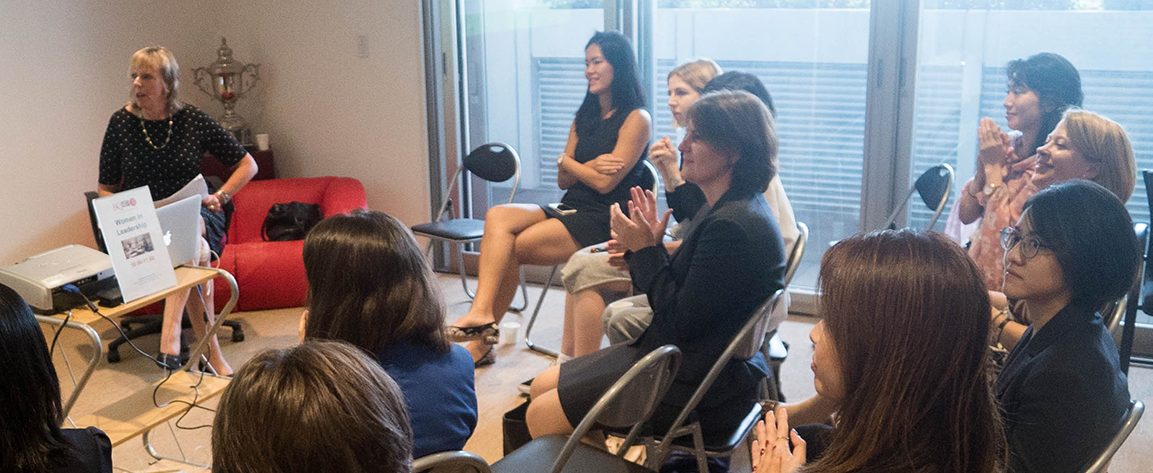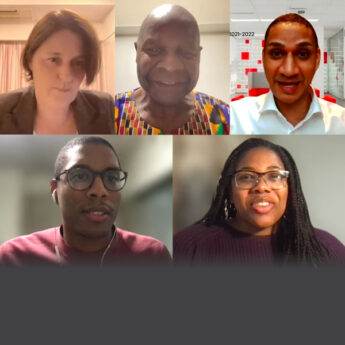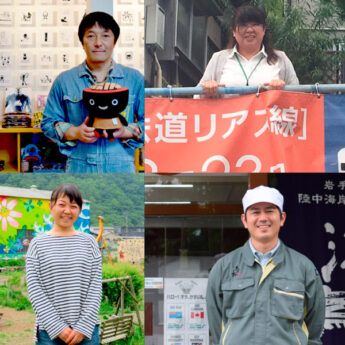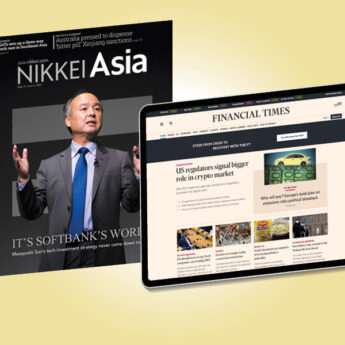Helen Woods, managing director of Equiom Solutions Limited’s Isle of Man branch, spoke at a British Chamber of Commerce in Japan (BCCJ) roundtable on 14 September while in Tokyo as part of a tour of Equiom’s Asian offices. Members of the BCCJ and Canadian Chamber of Commerce in Japan took part in the discussion entitled “Women in Leadership”, which considered the state of women in the workplace and why leadership roles seem to be predominantly filled by men.
Women at Equiom
A leading international professional services provider, Equiom offers a range of innovative and effective business partnering solutions. Woods began by comparing the number of women and men in leadership roles, and talked specifically about the Isle of Man branch.
“Unfortunately, we are a little bit low at the senior end with female senior staff”, Wood said of her own branch. Globally, however, the firm’s ratio at the assistant manager, manager and senior manager positions is nearly even, if not leaning in favour of women.
Administrative roles, meanwhile, are filled predominately by women. Woods suggested this could be due to childbirth and the role of mothers in raising children. “There are probably more part-time vacancies at the administrative level. Sometimes people with families can’t work full time. Unfortunately, it’s probably partly because women don’t want to, or perhaps are not progressing as much as they should”, she noted.
The fact that women naturally feel more responsibility for the family was also discussed. One woman said: “I personally don’t think it’s fair [but] it’s biological. Only women can give birth, so I think they have got to have a system to support females when they come back in to the path they want to pursue”.
Woods went on to praise Equiom’s leadership, explaining that the firm’s chief executive officer, Shelia Dean, is a woman and is incredibly supportive of female directors. Dean has a family, so she knows the stresses and pressures of trying to find a work–life balance.
Having a CEO who proves the balance of work and family is possible is encouraging, helps female employees to do the same and no doubt has an effect on employee satisfaction. It also fosters diversity and inclusion at Equiom, enabling the firm to serve as an example for other global organisations.
Open discussion
After the presentation, attendees were invited to ask questions and share their own experiences.
“During my time at different companies, I’ve noticed that the language used by staff to describe their male boss and their female boss can be quite different”, said one woman. “Male managers tend to be described as a leader or a strong person—someone who is confident or authoritative. I’ve heard woman managers being described as aggressive, driven or pushy”.
Many attendees commented how these views have been instilled in young people from an early age and, eventually, infiltrate the corporate structure. “Maybe they are not aware of what they are saying—or maybe they are, and they just don’t value a female manager”, one guest concluded.
Also explored was the power centre of corporate structures and how opportunities for promotion offered to women are affected by the lack of female representation in leadership roles. One attendee asked, “How does the power balance and everything around it influence the decision that is made about your career?”
This begs the question of whether women are not being promoted due to the fact they are not considered to be good enough, or whether it is because their accomplishments and contributions are not as visible in the workplace as those of their male colleagues.
One woman commented: “I think women are more reluctant to shout out about their success. Men tend to keep a mental note of the things that they have done over the past year, that they might then be able to share with others to make sure they do get that pay rise, promotion, or recognition”.
Events such as this are important to encourage workplace inclusion and to improve the environment for the current and future workforce. The Women in Leadership roundtable provided an insightful and open discussion on the position of women in the workplace, their ability to excel at a rate equal to that of their male colleagues, and the opportunities available regardless of gender or position within the firm.







